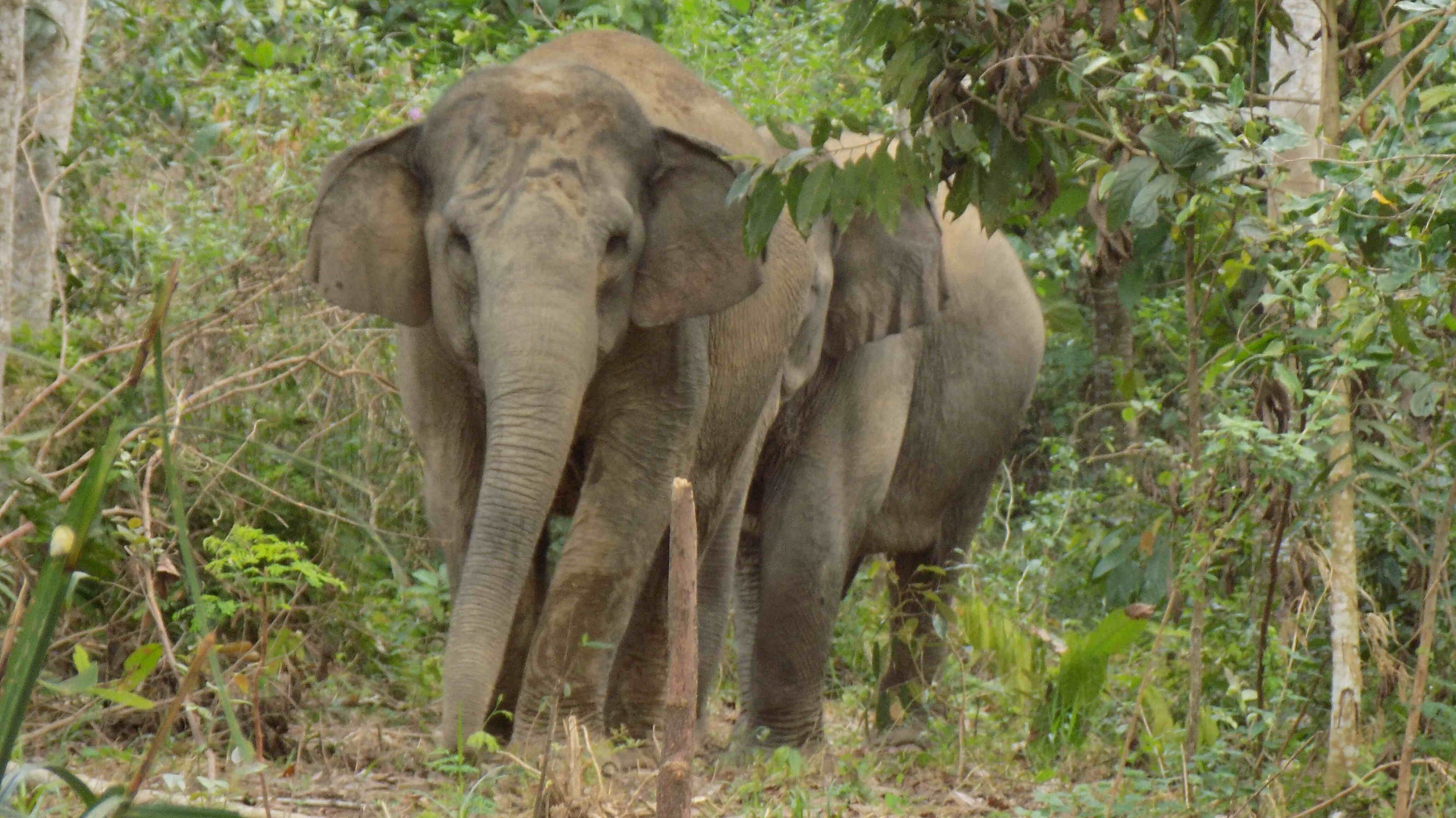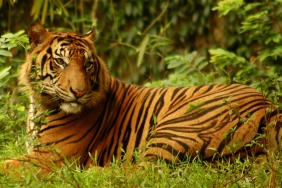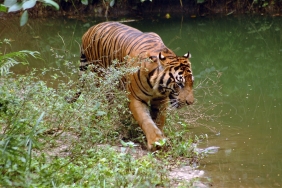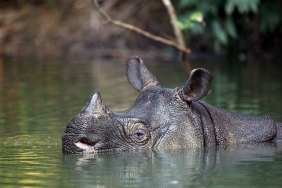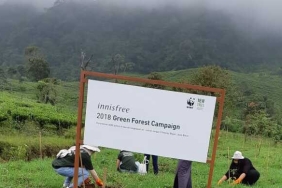'LET ELEPHANTS BE ELEPHANTS', AN EFFORT TO STOP IVORY POACHING
By: Laras Sabila Putri
To raise awareness about the link between the growing demand for ivory in Asia and the declining elephant population in Africa, Nadya Hutagalung, environmental activist and WWF-Indonesia's Elephant Warrior, along with Dr. Tammie Matson, elephant expert and author, joined forces to launch the Let Elephants Be Elephants (LEBE) campaign.
Since 2006, elephant poaching has increased to its highest point in decades. Nearly 100 elephants per day are killed in Africa for their ivory. Under these conditions, some experts predict that elephants will be extinct in less than two decades.
United by a common hope to leave a better world for their children, Nadya and Tammie immersed themselves in the wilds of Africa and the hidden passages of Asia. The two mothers also interviewed some of the world's elephant conservation experts, such as Richard Bonham (Big Life Foundation), Dr. Cynthia Mozz (Amboseli Trust for Elephants), Dr. Iaim Douglas-Hamilton (Save The Elephants), and Dame Daphne Sheldrick (David Sheldrick Wildlife Trust).
The movement was launched to coincide with Earth Day (22/04) at the Shangrila Hotel Ballroom, Jakarta. The following day, a 'watch together' event was held for the documentary film, produced and narrated by Nadya Hutagalung. LEBE, produced by leading producer Ernest Hariyanto, presents the facts and opens the eyes of many people who do not know that elephants are first hunted and then killed for their ivory. "It is heartbreaking to see African elephant calves being poached and knowing that their mothers died for their ivory," said Nadya. It is said that this condition is driven by the demand for ivory coming from Asia. Yet after a pooling made by IFAW (International Fund for Animal Welfare), as many as 70% of people surveyed in China, stated that they would not buy ivory after knowing the reality of how ivory is obtained.
The campaign also urges people to be aware of illegal elephant poaching and to participate in the movement to stop the demand for ivory by pledging to say no to ivory through www.letelephantsbeelephants.org and sharing videos and facts from this site through social networks. "If we all come together to stop it, then we can make things right," said Tammie.

